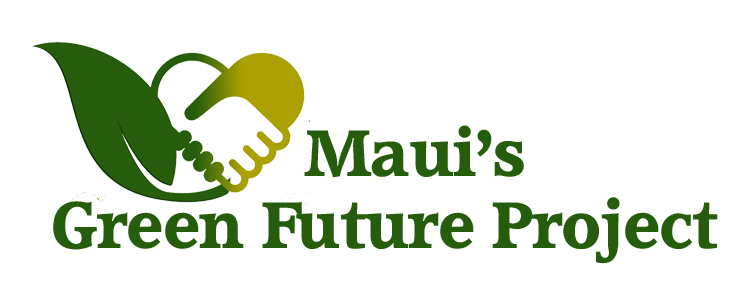By Deborah Caulfield RybakDecember 23, 2020
Mahi Pono has “moved completely away” from using Gramoxone, an herbicide containing the highly toxic chemical paraquat, and hasn’t applied it to any of its fields since June, the company told Politics on Maui Monday. In addition, the company said, it is “working to reduce its use of chemicals” in its farming operations.
What a gift to Maui from the island’s largest landowner! Indeed, a review of the company’s Restricted Use Pesticide [RUP] purchase records, provided by the state Department of Agriculture and outlined in the table above, shows a steep drop-off in all RUP purchases after June. Could Mahi Pono, which owns 41,000 acres of Central Maui ag land, finally be living up to its Hawaiian name, “to grow or cultivate properly”?
Well, call me Scrooge, but the announcement left me with questions that have piled up faster than presents around a Christmas tree.
On its face, it’s an exciting piece of news—one that I would expect to be shared widely with Maui media outlets. Why was it contained in an email sent only to my tiny news website?
Mahi Pono has faced strident criticism for its use of restricted chemicals ever since last January, when I first reported that the company was spraying paraquat-containing Gramoxone on its potato fields. It was an embarrassing development. Days before the story ran, then-company Senior Vice President of Operations Shan Tsutsui put out a frothy press release about the company’s decision not to spray Roundup (which is nasty, but not a Restricted Use Pesticide) under the headline “Mahi Pono Bringing Sustainable Ag to Maui.”
Paraquat, the active ingredient in Gramoxone and Cyclone SL 2.0 (also purchased by the company this year), is one of the most toxic chemicals in existence and one that has been banned internationally by many countries, including China, Brazil, the UK and every country in the European Union. It has also been linked to Parkinson’s disease. Paraquat is not a chemical that a company practicing “sustainable agriculture” would use.
